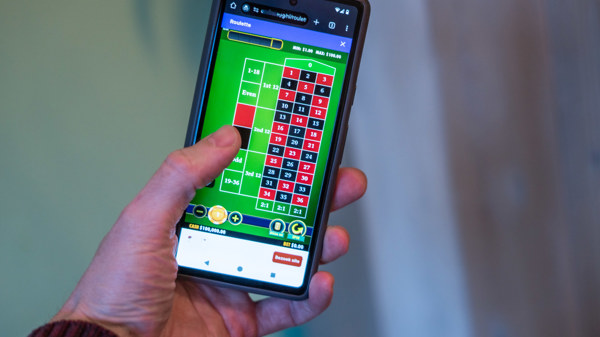
Gambling
Other names for gambling
Slot machines, betting terminals, FOBTs, fruit machines, one-armed bandits, roulette, blackjack, poker.
What is gambling?
Gambling is betting with money (or something else of value) on an event with an uncertain outcome, with the intent of winning money (or something else of value).
- In gambling, profit and loss depend on chance.
- You gamble for money.
- If you play gaming machines, you’ll find out immediately whether you’ve won or lost.
- If you play the lottery, you don’t find out till much later.
- The riskiest games are those where you see straightaway whether you’ve won or lost. The quick feedback on any gain or loss makes it more addictive.
- Slot machines are therefore riskier than lotteries.
- Slot machines are programmed in certain ways.
- Under Dutch law, you’re allowed to lose an average of €40 per hour.
- If you play the machines for just one hour a week, that will cost you 52 times €40 = €2080 a year.
- Dutch law also requires each spin of a slot machine to last a minimum of 4 seconds.
Effects of gambling
- It gives you a thrilling sensation.
- You feel exhilarated.
- You forget everything around you.
- You feel in symbiosis with the machine.
Risks of gambling
What are the risks of gambling?
- Very short games are gripping and addictive.
- You’ll keep playing longer and more frequently.
- When you lose money, you want to win it back.
- If you win, you gamble away your profits.
- You need more and more money to play, and that gets you into financial problems.
- You tell lies and make up excuses to obtain more money.
- You get into problems with friends, family, schoolmates or colleagues.
- You’ve become addicted. You think about gambling all day. You get restless if you try to stop or slow down.
Stop or cut down on gambling
There are several ways you can stop gambling.